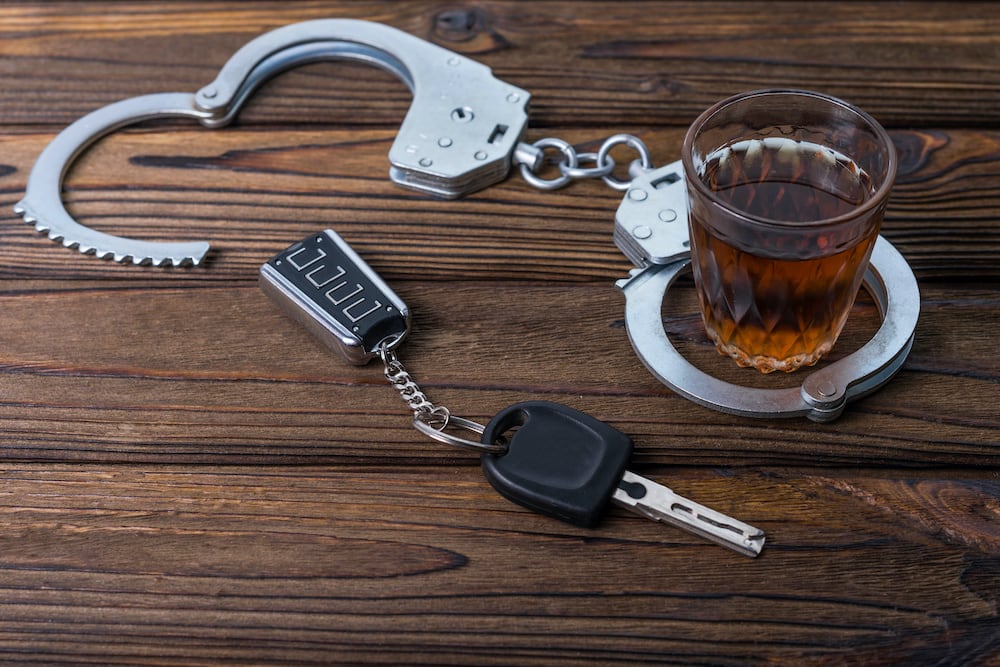Forgery, outlined in Article 170, is a serious offense in New York with profound consequences that can impact your life. As a white-collar crime in New York State, forgery includes actions such as altering checks or creating counterfeit documents. The law classifies forgery into three degrees, each carrying substantial penalties, including lengthy prison sentences and the possibility of a permanent criminal record. A forgery conviction can severely limit your job prospects, strain personal relationships, and damage your reputation. Defending against forgery charges requires an in-depth understanding of the law’s complexities. Each case presents unique factual and legal challenges that can be overwhelming for those without legal expertise.
Forgery cases often involve related charges such as identity theft, check kiting, offering a false instrument for filing, grant larceny, and possession of forged documents.
That’s why it’s important to consult with a trusted Nassau County fraud defense attorney. An experienced forgery defense lawyer can provide the strategic support needed to effectively challenge the charges and ensure your rights are protected throughout the legal process.
3 Degrees of Forgery Charges in New York
Forgery in the Third Degree (NY Penal Law 170.05)
Penalties: This charge is classified as a Class A Misdemeanor, carrying penalties of up to 1 year in jail, 3 years of probation, restitution, and a fine of up to $1,000.
Definition: Forgery in the third degree occurs when an individual:
- Falsely makes, completes, or alters a “written instrument”
- Acts with the intent to defraud, deceive, or injure another party
The term “written instrument” encompasses a broad range of documents, including digital formats like computer data or software. This could include anything from a COVID-19 vaccination card to contracts or identification documents.
The definitions regarding the actions of “falsely making,” “falsely completing,” and “falsely altering” are detailed in the law:
- Falsely making a written instrument involves creating a document from scratch that appears legitimate but is not.
- Falsely completing involves adding or changing information on a document without the necessary permission or authority. A common example is signing another person’s name on a legal document.
- Falsely altering refers to changing a document by erasing or inserting new information, such as changing a date on a driver’s license to gain entry to an establishment.
Forgery in the Second Degree (NY Penal Law 170.10)
Penalties: This Class D Felony can lead to up to 7 years in prison, probation, restitution, and fines up to $5,000.
Definition: Forgery in the second degree occurs when an individual commits forgery in the third degree involving specific types of documents, such as:
- A deed
- A legal contract or agreement
- A will or codicil
- A credit card
- A commercial instrument
- A public record
- A government-issued document
- A medical prescription
- Items representing value, like tokens or subway MetroCards
Forgery in the First Degree (NY Penal Law 170.15)
Penalties: This charge is classified as a Class C Felony and is punishable by up to 15 years in prison, 5 years of probation, restitution, and a $5,000 fine.
Definition: Forgery in the first degree occurs when a person commits forgery in the third degree with documents including:
- Money
- Stamps
- Securities
- Stocks
- Bonds
- Any government-issued instrument of value
- Instruments representing interests in corporations or organizations
10 Common Actions That Can Lead to Forgery Charges on Long Island
Here are ten common actions that may constitute forgery under New York law:
- Creating counterfeit currency: This involves producing fake money that mimics real currency with the intent to use it in transactions. Counterfeit currency undermines the financial system and can lead to severe penalties if caught.
- Altering the date of birth on an identification card, resulting in a fake ID: This action typically aims to misrepresent one’s age for unlawful purposes, such as purchasing alcohol or entering venues restricted to certain age groups. A fake ID can lead to legal trouble beyond just forgery charges.
- Forging a credit card: This occurs when someone illegally creates, alters, or uses a credit card that does not belong to them, often with the intent to make unauthorized purchases. Credit card fraud can result in significant financial loss for victims and harsh legal consequences for the offender.
- Signing another person’s name on a check: This act, known as check forgery, is when an individual endorses a check using someone else’s signature without authorization, intending to cash or deposit it. This not only violates trust but also constitutes theft.
- Modifying the amount on a check: Altering the numerical or written amount on a check to increase the funds is a serious offense. It is a form of fraud that can lead to significant legal repercussions, including criminal charges.
- Altering or creating a COVID-19 vaccination card: This involves changing the information on a vaccination card or producing a fake card to deceive authorities about one’s vaccination status. Such actions can compromise public health efforts and result in criminal charges.
- Falsifying an academic transcript: This involves changing grades or other information on a transcript to mislead educational institutions or employers about a person’s academic performance. Academic forgery can have serious repercussions for a person’s educational and professional future.
- Modifying a will to benefit oneself: This act typically includes changing the provisions of a will to ensure that the forger gains from the deceased’s estate. This is a serious violation of trust and can lead to both criminal charges and civil litigation.
- Art forgery, which involves falsely attributing a work of art to a renowned artist for financial gain: This practice entails creating a fake piece of art or misrepresenting an existing piece to deceive buyers or collectors. Art forgery not only harms collectors but also damages the integrity of the art market.
- Forging a doctor’s signature or creating/altering prescriptions to obtain controlled substances: This occurs when an individual illegally signs a prescription pad or modifies an existing prescription to gain access to prescription medications, often for personal use or illicit resale. This serious offense can lead to addiction issues and significant legal consequences.
Contact an Experienced Long Island Forgery Defense Lawyer Today
Attorney Ramy Mikhail Louis offers extensive experience in handling Long Island forgery cases. With a background as a former senior Nassau County prosecutor, he has managed numerous forgery cases on Long Island.
If you have been arrested in Nassau or Suffolk County for forgery or another white-collar crime, contact the experienced Long Island Forgery criminal defense attorneys at The R.M.L. Law Firm, PLLC today. We will thoroughly examine your case and work diligently to get your charges reduced or dismissed.





